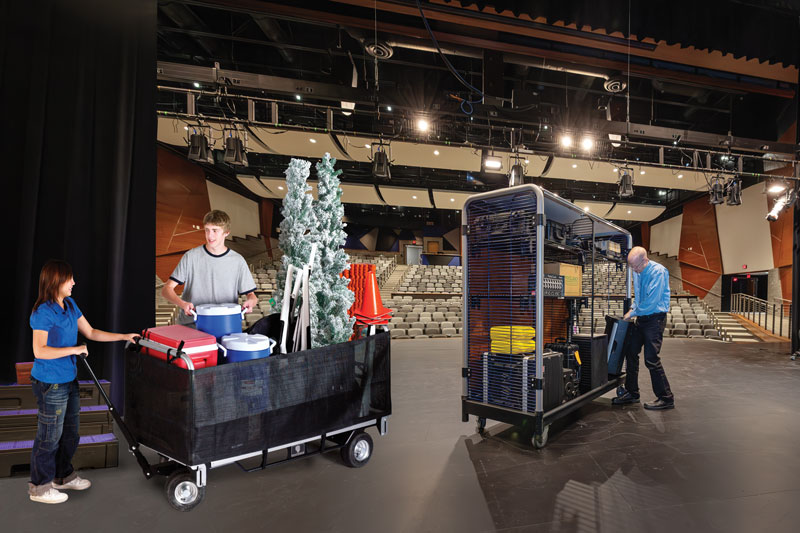 Across the U.S. performing arts landscape, two recent examples exist where the music stopped due to labor disputes. Just last week:
Across the U.S. performing arts landscape, two recent examples exist where the music stopped due to labor disputes. Just last week:
- Carnegie Hall stagehands went on strike. For first time in 122 years there wasn’t a performance on opening night.
- As the Minnesota Orchestra’s lockout entered its second year, music director Osmo Vänskä resigned, in part because the 110-year-old orchestra could not adequately prepare for November concerts at Carnegie Hall.
Alienating Audiences? We’re not choosing sides nor delving into details. We hope for swift resolutions and also hope audiences forgive – instead of forget – these fine institutions. Could labor disputes motivate classical music audiences to seek other entertainment? To some degree, arts patronage is a habit and habits can be fragile.
Attendance at classical music events has gradually slipped over the years. The National Endowment for the Arts’ recent survey on engagement with the arts found that 8.8% of American adults, or 20.7 million people, attended at least one classical music event in 2012. Classical music attendance has been slipping slightly, down from 9.3% in 2008 and 11.6% in 2002.
 Compromise Difficult. Meanwhile, in the world of U.S. politics, the partial government shutdown lurches along, temporarily mothballing national parks and other institutions deemed non-essential.
Compromise Difficult. Meanwhile, in the world of U.S. politics, the partial government shutdown lurches along, temporarily mothballing national parks and other institutions deemed non-essential.
Whether politics or classical music, increased polarization makes compromise difficult. Willingness to negotiate is seen as a sign of weakness.
Empathy Needed. To compromise, it’s helpful to understand and share another’s emotions. A recent New York Times article summarized a study in the journal Science, which found that feelings of empathy can be nurtured by reading literary fiction, more than by reading popular fiction or nonfiction.
Based on these findings, perhaps both sides in any labor-management dispute should have a required reading list? According to the New York Times article, “literary fiction often leaves more to the imagination, encouraging readers to make inferences about characters and be sensitive to emotional nuance and complexity.”
Eventually, the government shutdown will be over. We hope Carnegie Hall and the Minnesota Orchestra both resume operations soon. (In fact, the Carnegie Hall strike ended after two days.) Like a well-functioning government, a successful performing arts organization relies on synergy — people striving toward a common goal they cannot attain alone. That’s one happy ending everyone can agree on.













